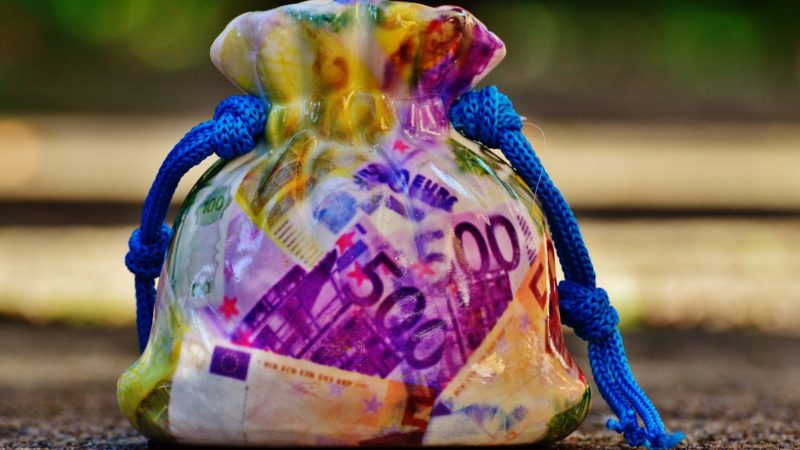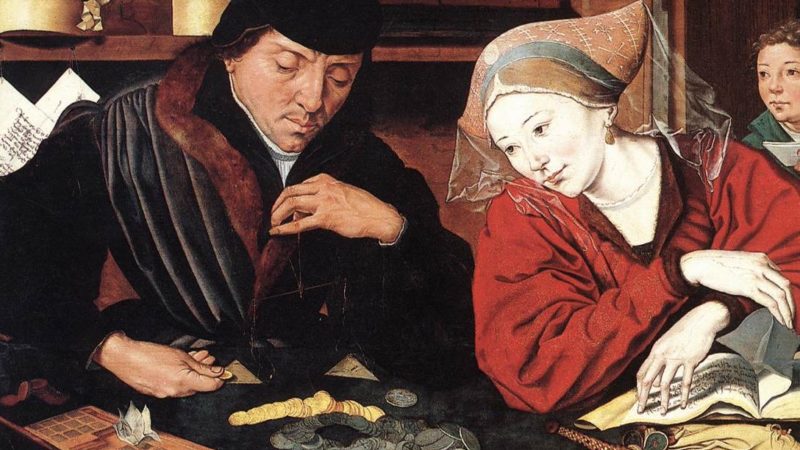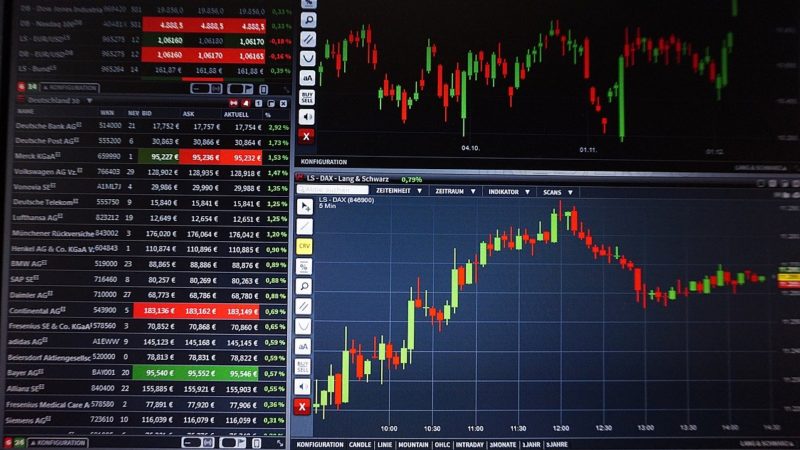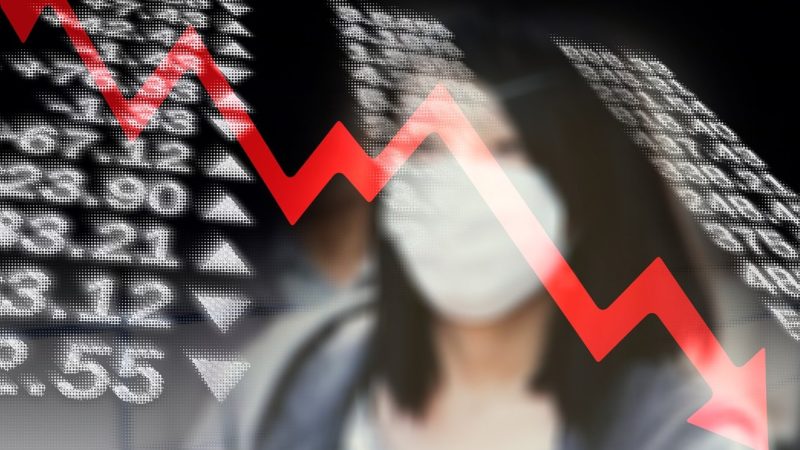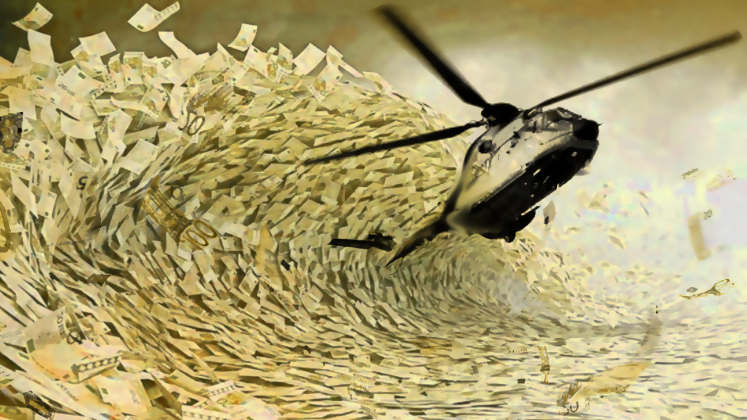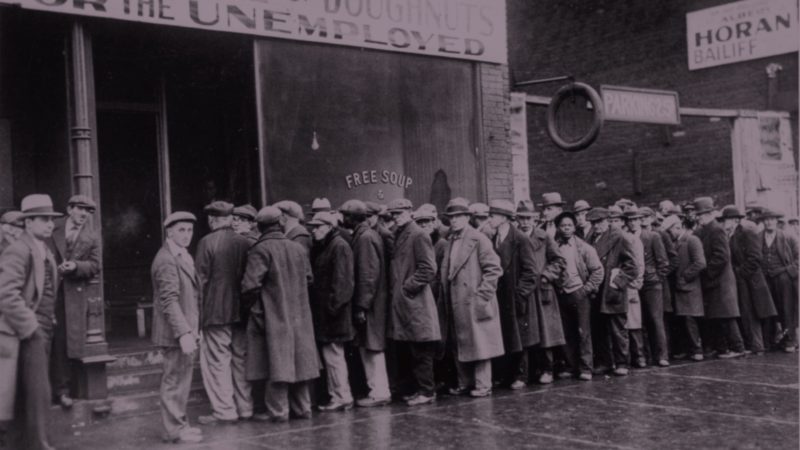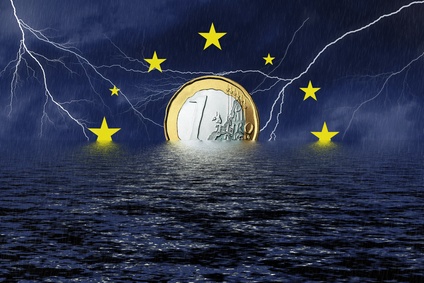The Discovery of “Capital” in the Economic Ethics of the High Middle Ages
The pioneers of modern economics were moral theologians of the Middle Ages. Petrus Johannis Olivi discovered, among other things, “capital,” the subjective theory of value, and distinguished interest from usury. He thus paved the way for a positive view of commercial activity.
“Irrational Stock Exchanges” and the Wirecard Scandal: On the Blanket Suspicion of Financial Capitalism
Joint stock companies and stock exchanges have made the upswing of modern economies possible. However, they have always been suspected of serving the greed of a few. What, then, is the function of “financial capitalism”?
The Euro Illusion: From a Project of Integration to a Green Planned Economy
At first it seemed as if the new President of the European Central Bank (ECB) Christine Lagarde would simply continue the loose monetary policy of her predecessor. But now she has announced a green policy shift. This marks the beginning of a whole new act in the euro drama.
Philipp Bagus: “The Fear of Deflation Is Unfounded”
Many economists, policymakers, and central banks are afraid of deflation. Generally speaking, they do not even distinguish between different causes of price deflation—i.e. between price deflation caused by growth and price deflation caused by contractions in credit. In this interview, the economist Phillipp Bagus says that these fears of deflation are misguided.

